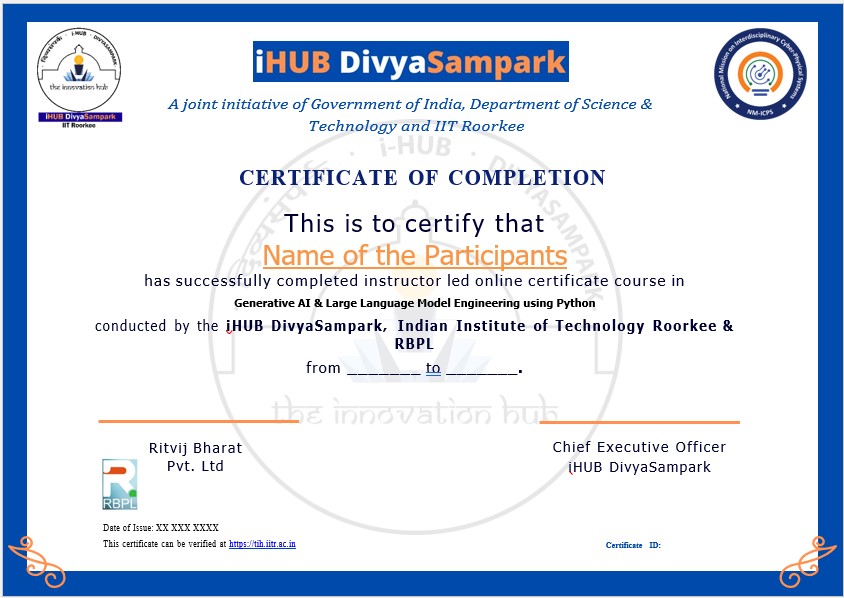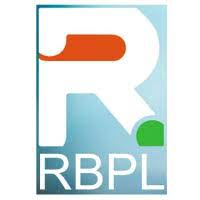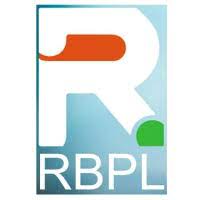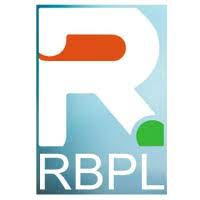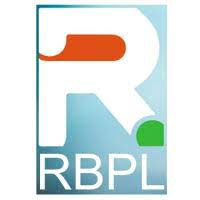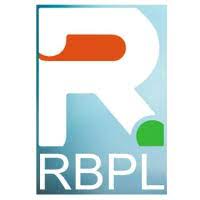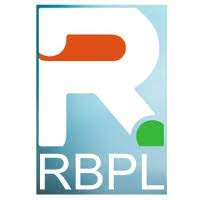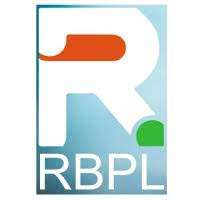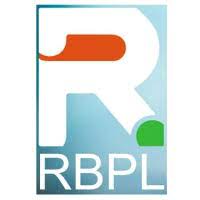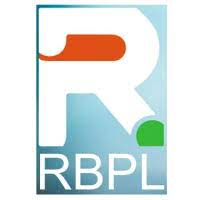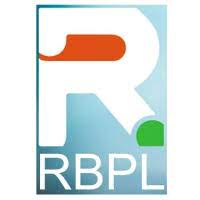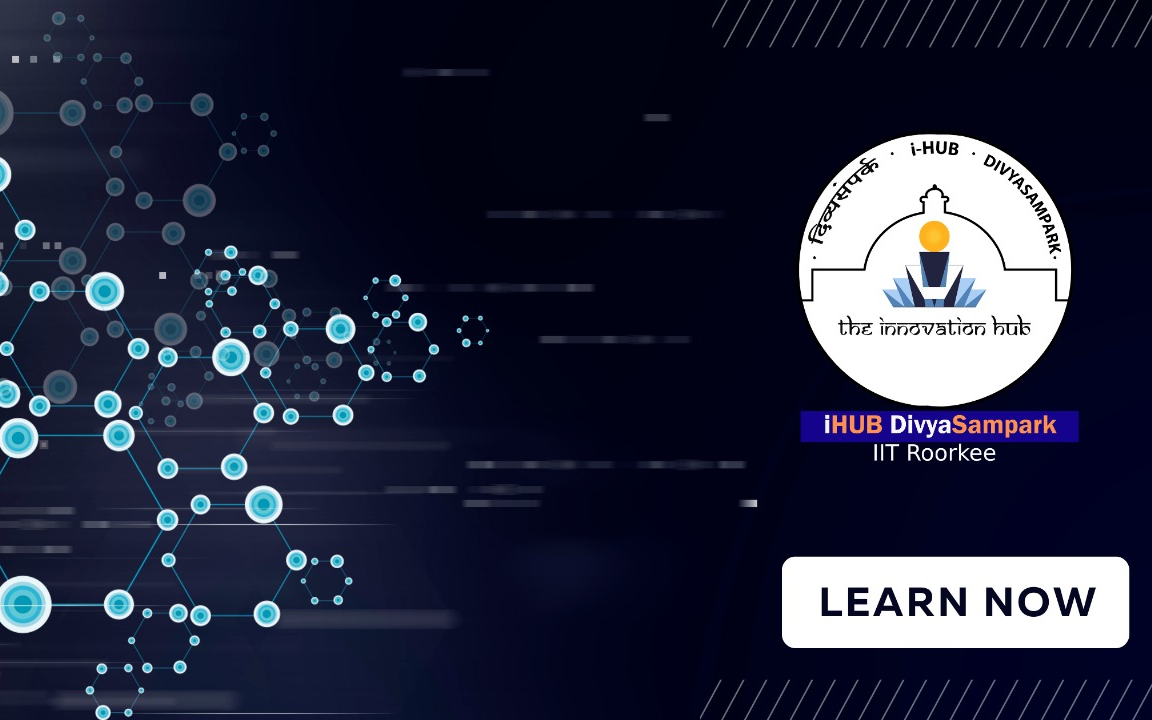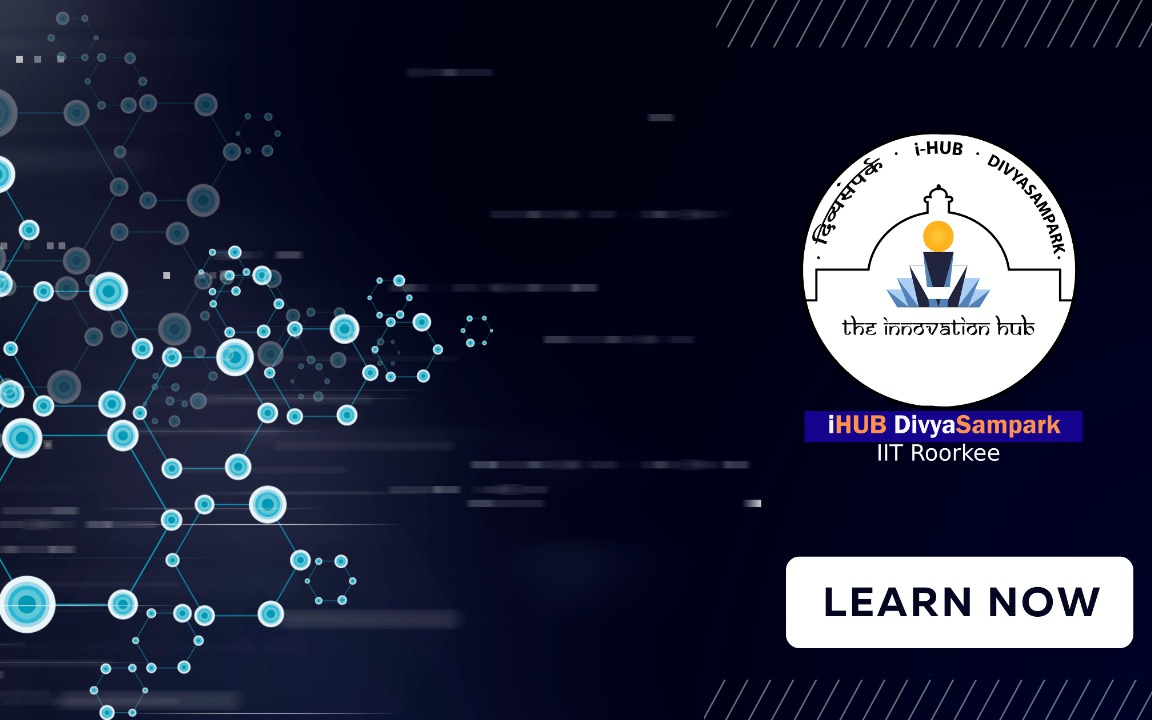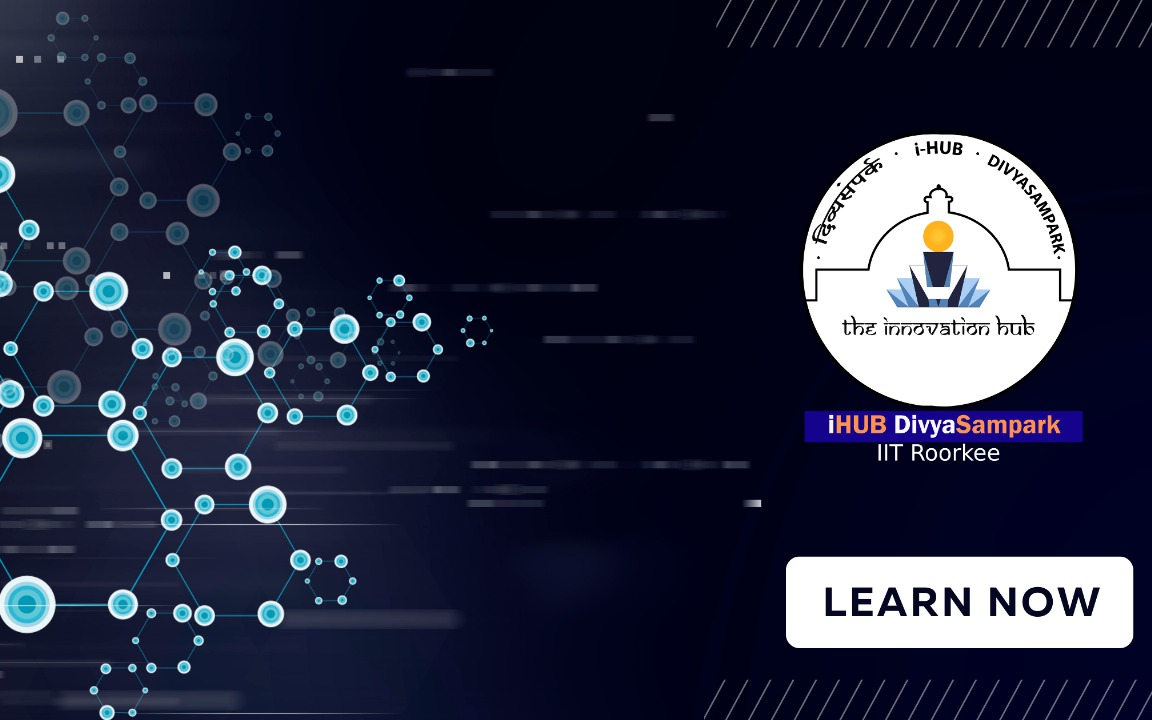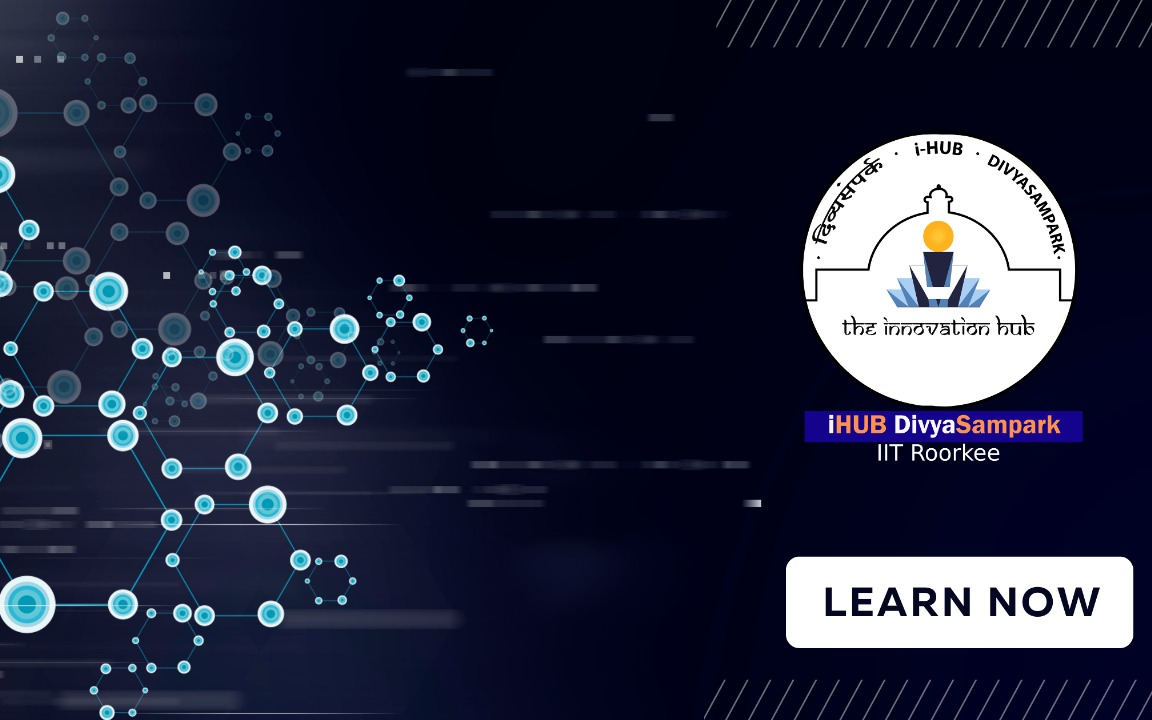
Generative AI & Large Language Model Engineering using Python
Course Overview:
In today’s AI-driven world, Generative AI and Large Language Models (LLMs) are at the forefront of innovation, powering applications ranging from chatbots to recommendation engines, speech recognition, and intelligent automation. Python is the most widely used programming language in the world of Gen-AI and Data Science owing to its simplicity, versatility, and a vast ecosystem of powerful libraries. Therefore, to make the learners acquainted of these latest high-in-demand skills, we have designed this course that will build a strong foundation in Python programming and its practical applications in Artificial Intelligence, Natural Language Processing (NLP), Large Language Models (LLMs), LangChain, Vector Databases, and Speech Recognition technologies with a hands-on approach. By completing this course, the learners will not only strengthen their technical skill-set but also gain the ability to build AI-powered applications, positioning themselves for exciting career opportunities in the rapidly evolving field of Generative AI and LLM Engineering.
Course Objectives:
• To make the participants learn Python programming from scratch with a focus on its applications in the fields of Artificial Intelligence (AI) & Generative AI.
• To introduce participants to core AI concepts, including Natural vs Artificial Intelligence, Machine Learning, Deep Learning, and Generative AI fundamentals.
• To provide a strong foundation in Python programming concepts such as objects, functions, methods, error handling, regex, and object-oriented programming with practical illustrations.
• To enable learners to work with Python libraries (OS, Requests, Pandas) for automation, data handling, and API integration (including OpenAI API).
• To introduce participants to Natural Language Processing (NLP) and equip them to build text-processing pipelines including tokenization, sentiment analysis, and custom text classifiers.
• To make learners proficient in working with Large Language Models (LLMs), covering transformer architecture, GPT, BERT, Hugging Face, and LangChain for chatbot development and text generation.
• To equip learners with the knowledge of LangChain framework, LangGraph, and Retrieval Augmented Generation (RAG) for building advanced conversational agents and memory-enabled systems.
• To familiarize learners with Vector Databases (e.g., Pinecone) and their applications in semantic search, recommendation engines, and biomedical research.
• To introduce learners to Speech Recognition and Speech-to-Text systems using traditional ML, Deep Learning, and transformer-based approaches such as Whisper AI.
• To prepare learners for LLM Engineering, including prompt engineering, hosting models vs APIs, cost optimization, scaling strategies, and deploying AI-powered applications with Streamlit.
Batch Details:
Class Timings: Monday & Wednesday (8 pm-10 pm) Start Date: 23th Feb 2026
Duration: (74 Hours) End Date: 22nd June 2026
Mode: Online Certification: iHUB Divyasampark IIT Roorkee
Last Date to Register: 22nd Feb 2026
Course Fee: Rs. 13,000/-
(Amounts inclusive of GST)
Link to Register: https://rzp.io/rzp/GenAILLMCourse
Contact Person:
Dr. Subrat Kotoky
CTO, Ritvij Bharat Private Limited
Ph.D. in Mechanical Engineering (IIT Guwahati)
rbpl.edu@gmail.com; subrat.kotoky@ritvij.co.in
9085317465/8473874389
Expert Profile:
Mr. Shreyas Shukla
Professional Corporate Trainer & Microsoft Azure Certified Data Engineer
MTech-IIT Kharagpur & BE- The Aeronautical Society of India, New Delhi
4+ years of experience in leading online professional courses for different leading organizations
Has successfully conducted 25+ courses and trained 1500+ learners in the fields of Python Programming, Data Analytics, Machine Learning, Deep Learning, Computer Vision etc. till now.
Certifications:
1. DP-203: Microsoft Certified: Azure Data Engineer Associate
2. DP-900: Microsoft Certified: Azure Data Fundamentals
3. AZ-900: Microsoft Certified: Azure Fundamentals
Our Students Rate This Course
Trainer
Program Fee
Rs 13,000 (Amount Inclusive of GST)
Available Seats
100
Schedule
Monday & Wednesday (8 pm-10 pm)
Only Few Seats Left
Reviews
Testimonials
NEWS & UPDATES
Career Transitions
55% Average Salary Hike
$1,27,000 Highest Salary
800+ Career Transitions
300+ Hiring Partners
Who Can Apply for the Course?
- Basic knowledge of Python is useful but NOT Mandatory. We’ll start from scratch.
- This course can be taken up by any undergraduate/postgraduate student of Basic & Applied Sciences, Engineering, and Computer Applications and also by Research Scholars/Faculties/Working Professionals who want to upskill themselves
- Participants need to have a laptop/PC (with a minimum of 4 GB RAM, 100 GB HDD, Intel i3processor) and proper internet/Wi-Fi connection.
- Optional API expenses to be borne by the learners.

About Program
At iHUB DivyaSampark, we are driven by the belief that young, innovative minds have immense potential to transform the world. Our core mission is to develop highly knowledgeable human resources with top-order, industry-relevant skills.
Whether you are looking for a career transition, a significant salary hike, or to master specialized knowledge, our programs provide the mentorship and practical exposure needed to achieve successful career outcomes and help you secure roles with our network of 300+ hiring partners
Key Highlights
Our Alumni Work At

What is included in this course?
- Non-biased career guidance
- Counselling based on your skills and preference
- No repetitive calls, only as per convenience
- Rigorous curriculum designed by industry experts
- Complete this program while you work
I’m Interested in This Program
Courses
Other Courses You Might Be Interested In
Certificate
Rs. 65,000 + GST/-
Advanced Certification in Data Science and AI
Learn Data Science and AI from IIT Faculty with Campus Immersion @ IIT Roorkee
Certificate
Rs. ₹60,000 + GST*/-
Future-Ready Product Management with Applied AI Program
6 Months | 4-5 hours per week
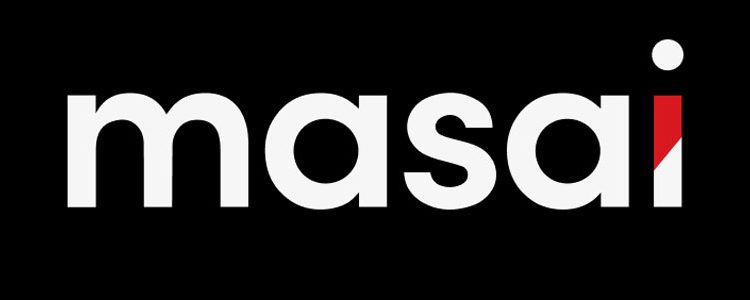 MASAI
MASAI
Certificate
Rs. 2,00,000 + GST/-
Executive Post Graduate Certification in VLSI SoC Design and Verification
12 Months
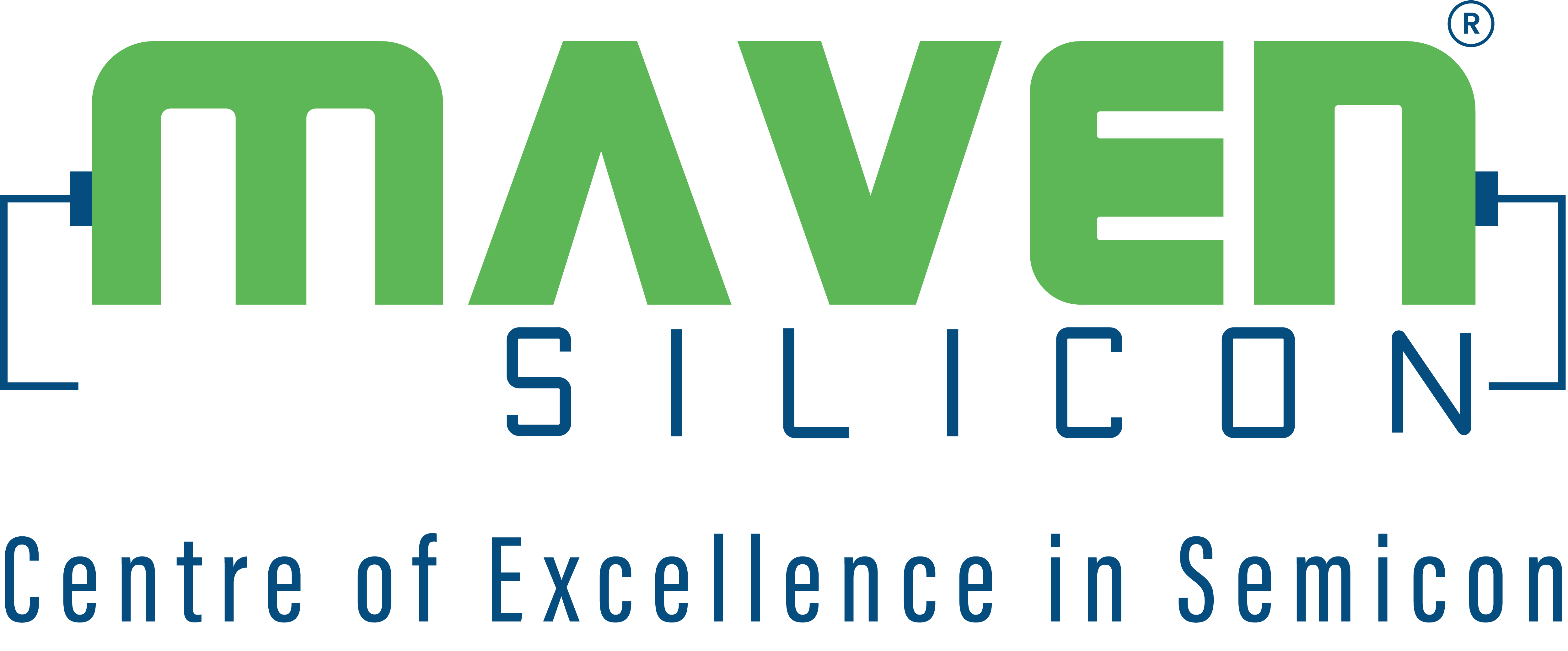 MAVEN silicon
MAVEN silicon

